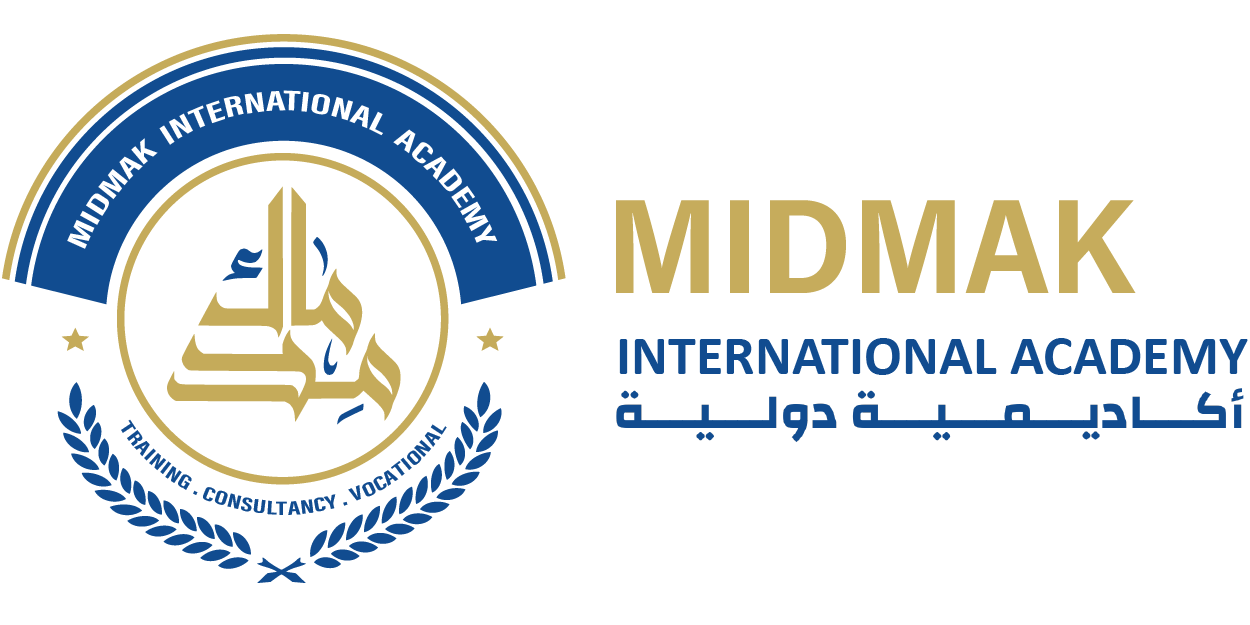Healthcare Competency Development Sector
Sector encoding: 02
Overview:
The healthcare sector is one of the most prominent training fields at Madmak International Academy, where the academy seeks to provide specialized programs aimed at developing healthcare competencies and enhancing the skills of professionals in the medical field. The training programs are known for their comprehensiveness, diversity, and both local and international accreditation, particularly with the American Board for medical and healthcare specialties. This helps trainees acquire the latest skills and medical knowledge in line with global standards. By offering a combination of theoretical and practical training, the academy strives to meet the needs of healthcare professionals across various specializations and professional levels.
Target Audience:
- Doctors, nurses, and healthcare practitioners: For ongoing training and enhancing clinical skills.
- Administrators and leaders in the healthcare sector: To enhance their skills in hospital management and resource organization.
- Doctors: Who wish to improve their clinical and diagnostic skills and learn new techniques.
- Nurses: Who seek to enhance their competencies in patient care and advanced nursing.
- Pharmacists: Looking to improve their skills in providing pharmaceutical consultations and patient interaction.
- Nutritionists: Who aim to offer better dietary consultations and improve their skills in therapeutic nutrition.
- Students and healthcare trainees: Seeking to build a strong knowledge base and develop practical skills before entering the workforce.
- Healthcare administrators: Working in hospitals and healthcare facilities aiming to improve their skills in managing and organizing healthcare services.
- Healthcare technicians: Such as medical laboratory specialists, radiologists, and physiotherapists, who seek to develop their technical and practical skills.
General Objectives:
- Improving healthcare quality: Providing high-quality healthcare that meets patient needs and is based on the latest scientific evidence.
- Ensuring patient safety: Applying best practices to reduce medical errors and ensure a safe and healthy environment for patients.
- Increasing operational efficiency: Enhancing the use of available healthcare resources and ensuring the sustainability of healthcare systems by reducing waste and increasing efficiency.
- Fostering innovation and technology: Adopting the latest medical technologies and innovations to improve diagnosis, treatment, and overall healthcare services.
- Responding to health crises and emergencies: Offering specialized programs to train healthcare workers on how to handle epidemics and health crises, including emergency planning and effective resource management. Building the capacity of the medical sector for a rapid and effective response through comprehensive action plans that include medical and logistical preparations.
- Promoting community health: Supporting public health programs focused on preventing chronic diseases like diabetes and heart disease through healthy lifestyle promotion. Participating in national and local health campaigns to enhance prevention and early disease detection.
- Enhancing administrative efficiency: Training healthcare administrators on hospital management and efficient resource organization.
Training Courses:
- Quality and Patient Safety Programs: Training healthcare workers on applying quality standards and ensuring a safe and healthy environment for patients.
- Public Health and Prevention Programs: Specialized training for public health professionals on improving community health through prevention and early detection.
- Hospital Management and Healthcare Resources: Improving skills in hospital management and healthcare resource organization.
- Therapeutic Nutrition: Providing trainees with the knowledge and practical skills necessary for offering personalized dietary recommendations to support health and treat diseases. The program focuses on enabling specialists to analyze and assess individual nutritional status, prevent diseases, improve public health, support special health cases, utilize the latest techniques and research, manage nutrition in healthcare institutions, enhance nutritional awareness, and promote recovery after surgeries.
- Healthcare Service Quality: Equipping participants with the knowledge and skills needed to improve the quality of healthcare services in hospitals and healthcare centers. The focus is on quality principles and standards in healthcare, including performance improvement, patient safety, effective evidence-based care, and delivering services that meet the highest safety and effectiveness standards, ensuring timely and equitable care that responds to patient needs.
The Healthcare Competency Development Sector at Midmak International Academy plays a vital role in enhancing integrated healthcare by preparing qualified cadres to offer innovative medical solutions. Through specialized training programs, participants gain advanced skills that help them address contemporary health challenges with flexibility and efficiency.
The training courses cover both theoretical and practical aspects, ensuring improvement in individual and group performance across various healthcare professions. This sector also provides opportunities to develop the ability to utilize the latest medical technologies and therapeutic practices.
The sector aims to improve the quality of healthcare services and promote sustainable community health, supporting Midmak International Academy’s vision to establish professional standards that keep pace with advancements in healthcare.

